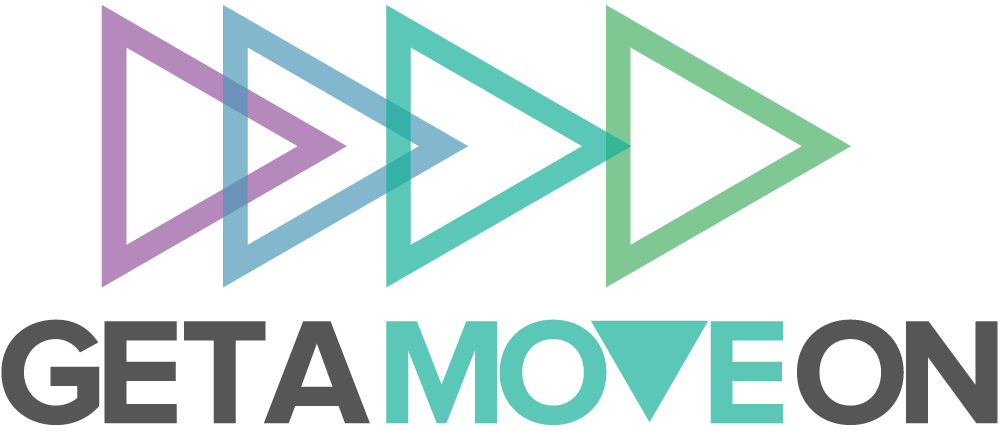GAMO Network+ Fellowship: Reflections on a multidisciplinary collaboration to create a device that supports exercises at home
Authors: Lyndsay Alexander, Angela Carlin, Katarzyna Stawarz, Max Western, Anjana Wijekoon
Building on the ethos of our experience with the GAMO Network+ and this interdisciplinary collaboration experience, this blog was completed as a collaborative writing exercise.
The GetAMoveOn (GAMO) Network+ Fellowship programme aims to provide support to the next generation of researchers whose research interests and activities align with the aims of the Network: transforming health by enabling people to lead more active lives with the help of digital technology. Our project team came together during a collaboration workshop in December 2019, where we were tasked with developing a novel research idea for a multidisciplinary project. Our project team consisted of researchers and academics from a range of disciplines, including behavioural science, computing, physical activity and physiotherapy.
The multi-disciplinary nature of our project team was a real asset when it came to the final stages of the workshop, where we had the opportunity to pitch our funding idea to the panel: developing a digital technology to support exercise at home. The pitch was successful and we were awarded funding to progress our ideas and take our project forward.
The project
Our aim was to develop a device to support pre-frail older adults with strength and balance exercises at home by encouraging small bouts of exercise embedded in the daily routine (“exercise snacking”). Balance and strength exercises have been shown to reduce the risk of falls in older adults and are recommended in physical activity guidelines for adults aged 65 and over.
The first phase of the project was a workshop conducted in a “smart” house in Bristol (with the permission from the SPHERE project) with older adults to explore their thoughts on exercise in the home setting and technology that could support this. Following this, the next stage was to design and create prototypes based on the workshop results. The prototypes would be supplemented with a guide to support exercise snacking in the home setting that may be used by anyone, regardless of whether they used our device or not. The final phase of this project was to then conduct home testing with participants using the prototypes and exercise guide followed up by interviews with the participants on their experience.
From the start, the research team had planned a remote project management approach due to the geographic location of the team that spanned across all UK nations. This made it easier to switch to full online delivery and additional measures introduced due to COVID-19 restrictions. The final phase of the project is underway, with prototypes (that involve smart pressure mats that recognise sit-to-stand and one leg balance exercises) being deployed at participants’ homes for a short period of time to gather their initial thoughts. The project got delayed due to the COVID-19 pandemic and some technical issues, but we aim to finish data collection by the end of May 2021.
Remote collaboration
This project has been a great opportunity to work with different colleagues whilst still within our area of interest. Whilst we acknowledge the challenges of COVID-19, the benefit of the team already knowing one another and having established relationships, as well as a general expectation of working at a distance for most of the time, helped the project move to full remote delivery. Additionally, mutual respect and ongoing communication within the team have ensured this to be an enjoyable experience for the team. We are already discussing the next steps for funding to take this project forward.
This collaborative, multi-disciplinary project has also provided us with the opportunity to further develop our networks. Alongside the opportunity to learn from other disciplines, this project has provided team members with opportunities to practice new skills, such as project management, dealing with funding, or hiring and managing Research Assistants for the first time. As we all have different backgrounds and experience, it was also an opportunity to support and mentor each other, which went beyond this specific project.
Further information on the Fellowship programme, and the workshops we have been involved in can be found: getamoveon.ac.uk/fellowship
If you would like to find out more about our individual team members and other GAMO Fellows, please check out the Fellows page: getamoveon.ac.uk/fellowship/meet-our-fellows







